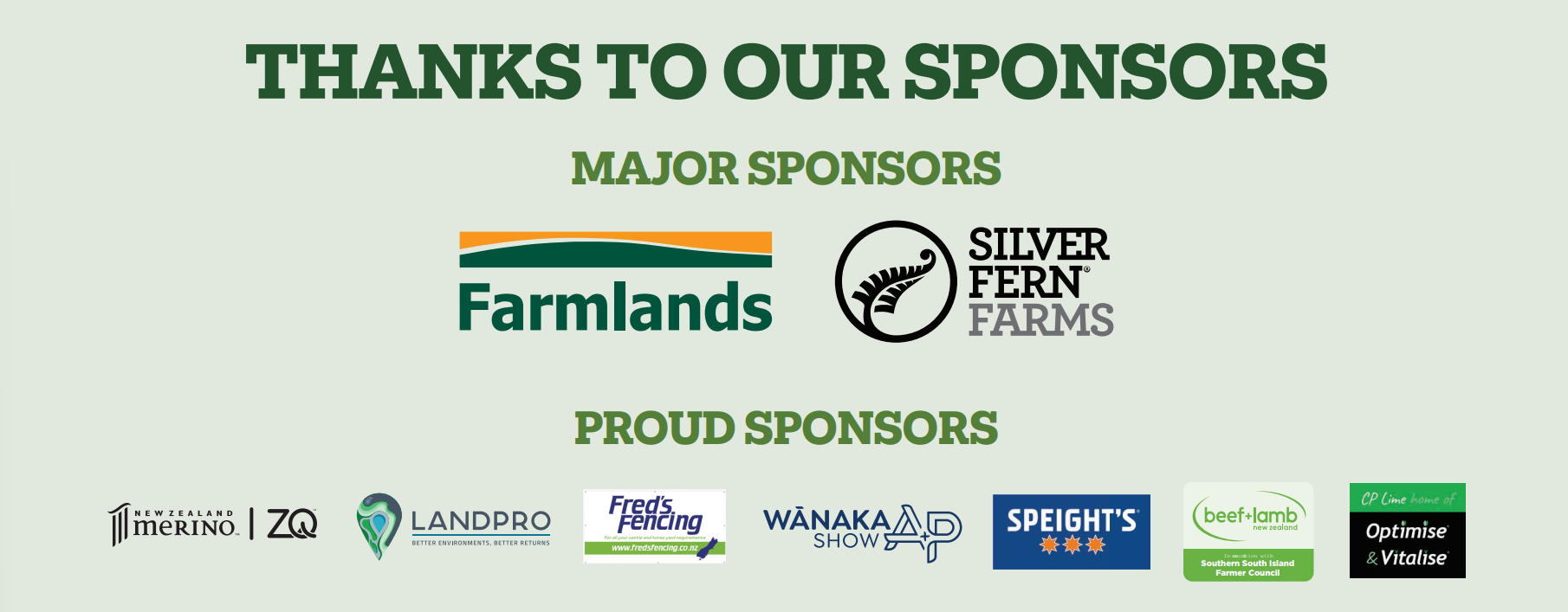
He is farming in the proverbial fishbowl that is the recreational hot spot of the Upper Clutha.
For Randall Aspinall, a fourth-generation farmer on Mt Aspiring Station, a 2300ha property near Wānaka, that was something that he had always been used to.
The property, which he farms with wife Allison, is a gateway into Mt Aspiring National Park and it has been estimated that more than 100,000 people — climbers, trampers, walkers and tourists — come on to the property each year.
‘‘I grew up on a farm and have always been involved in farming, it’s what I do. It’s about as simple as that really. At the same time, recognising it’s a really good place to grow a family and it’s ... a great place to work.’’
He had many enjoyable interactions with visitors although there were also what they would consider ‘‘as some silly things’’ occasionally.
‘‘Most of them don’t know any better, a lot of people have never been on a gravel road or farm. You do get an appreciation for how much a lot of them enjoy being there and I guess how much what we regard as common sense isn’t if you’ve grown up in the streets of Beijing or London.’’
The property had a large number of significant creeks and waterways running through it and the Aspinall family endeavoured to be proactive about environmental impact.
Randall is involved with the Wanaka Catchment Group whose origins were from discussions around the Otago Regional Council’s plan 6A change for rural water quality. He and Jonathan Wallis, from Minaret Station, set up a group representing landowners around Hawea, Wanaka and Wakatipu.
A subsequent Overseer trial at Mt Aspiring Station led into a Beef + Lamb New Zealand project looking at land environment plans on Mt Aspiring, Mt Burke and Rees Valley Stations, and that led into the formation of the catchment group. Positive change had definitely been made in the catchment, Randall said.
Randall, who is also involved with several other water quality and community-based groups around the Upper Clutha, is vice-chairman of Otago Catchment Community which he helped set up.
The Aspinalls also endeavoured to outline to their staff the reasons behind implementing on-farm changes or the reasons behind doing certain management things. Once they understood the reasons why, then they embraced it.
Randall enjoyed the aspect of self-employment and never undervalued how good it was to be able to get away to coach the likes of children’s sports. The father of two boys, aged 11 and 9, coached rugby, soccer and cricket and enjoyed getting to know the children and watching them improve. He is also on the Upper Clutha junior rugby committee.
He is chairman of the board of trustees at Te Kura O Take Kārara and enjoyed the opportunity to mix with a wider demographic in the area.
Randall acknowledged the work of his wife Allison, saying it was a team effort, and she also co-ordinated much of the native planting effort on the property.
— Sally Rae
















